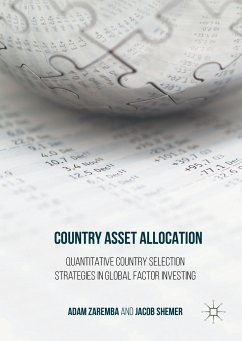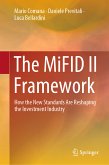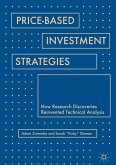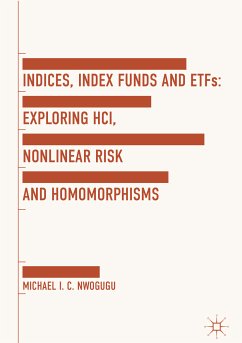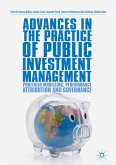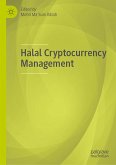This book demonstrates how quantitative country-level investment strategies can be successfully employed to manage money in international markets. It offers a range of state-of-the-art quantitative strategies, describing their theoretical bases, implementation details, and performance in over 70 countries between 1995 and 2015.
International diversification has long been a key to stable investing. However, the increased integration and openness of global financial markets has led to rising correlations between stock market returns in particular countries, driving down the benefits of diversification and increasing the importance of country selection strategies as part of an investment process. Zaremba and Shemer explain the efficiency of quantitative investing, which captures huge amounts of data of limited scope very quickly. In the traditional approach, this data compilation is an immense undertaking, limited in scope and vulnerable to behavioral errors, but this can be overcome with the help of a new paradigm of quantitative investment at the country level. Quantitative country asset allocation can be efficiently accomplished by using wealth insights that have been generated in the academic literature, discovering many anomalies and regular patterns in asset prices. Armed with this information, investors and managers can process large amounts of data more efficiently when deciding to invest in ETFs, index funds, or futures markets.
Dieser Download kann aus rechtlichen Gründen nur mit Rechnungsadresse in A, B, BG, CY, CZ, D, DK, EW, E, FIN, F, GR, HR, H, IRL, I, LT, L, LR, M, NL, PL, P, R, S, SLO, SK ausgeliefert werden.
Hinweis: Dieser Artikel kann nur an eine deutsche Lieferadresse ausgeliefert werden.

